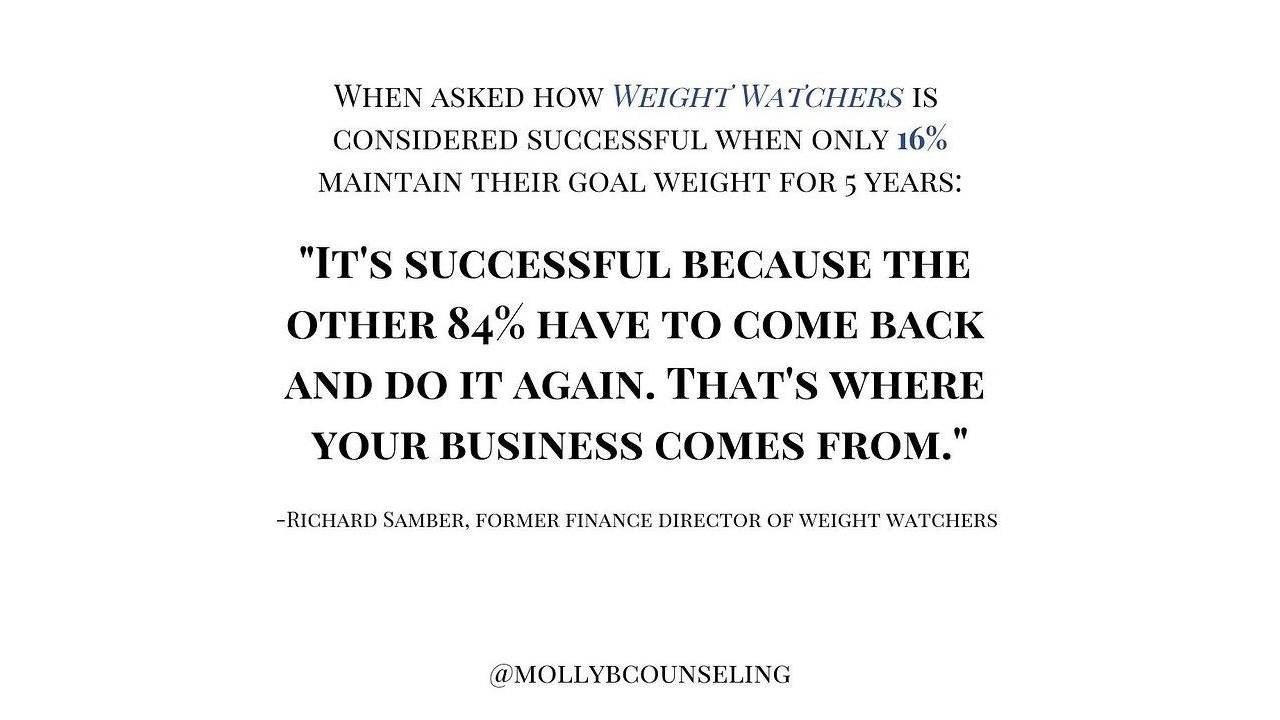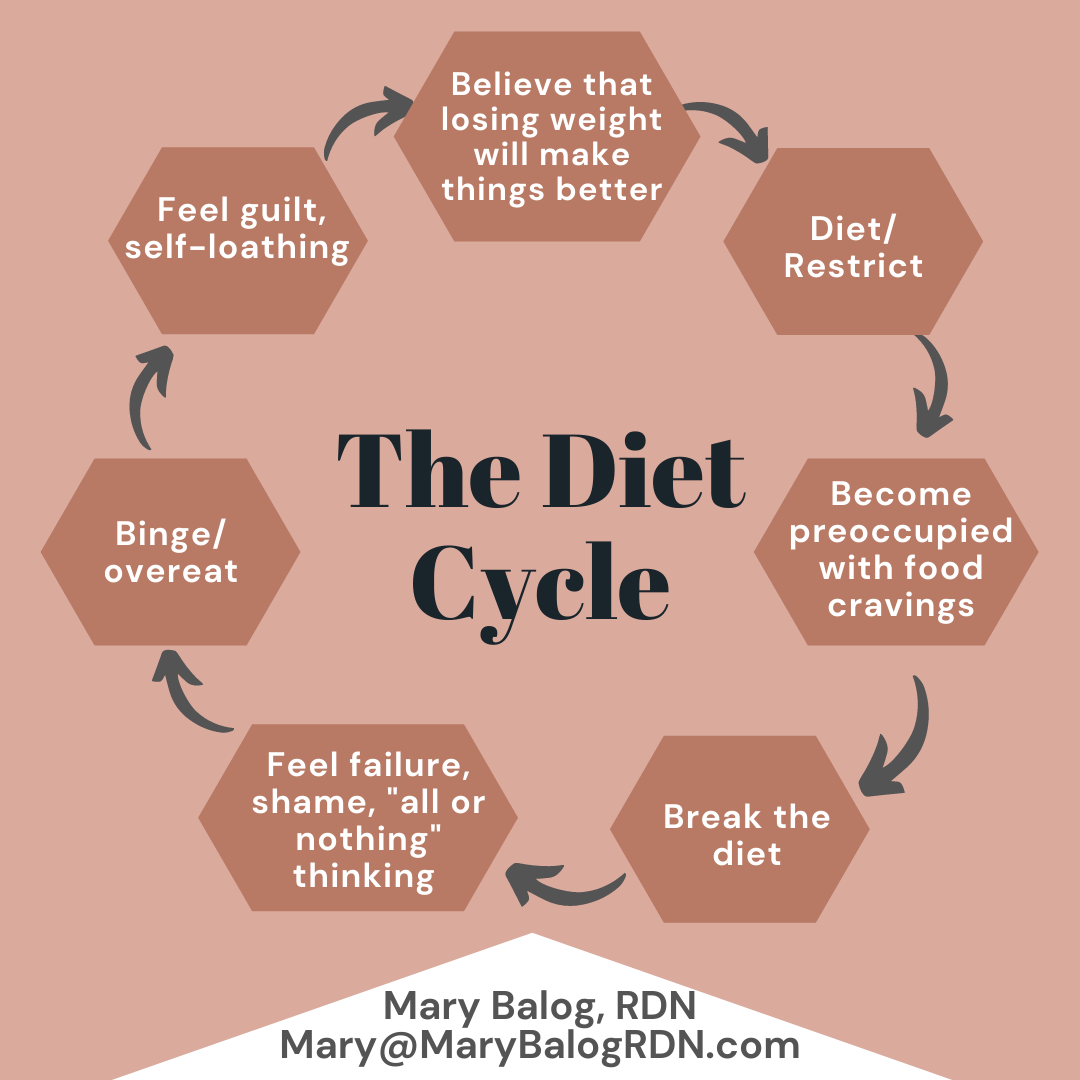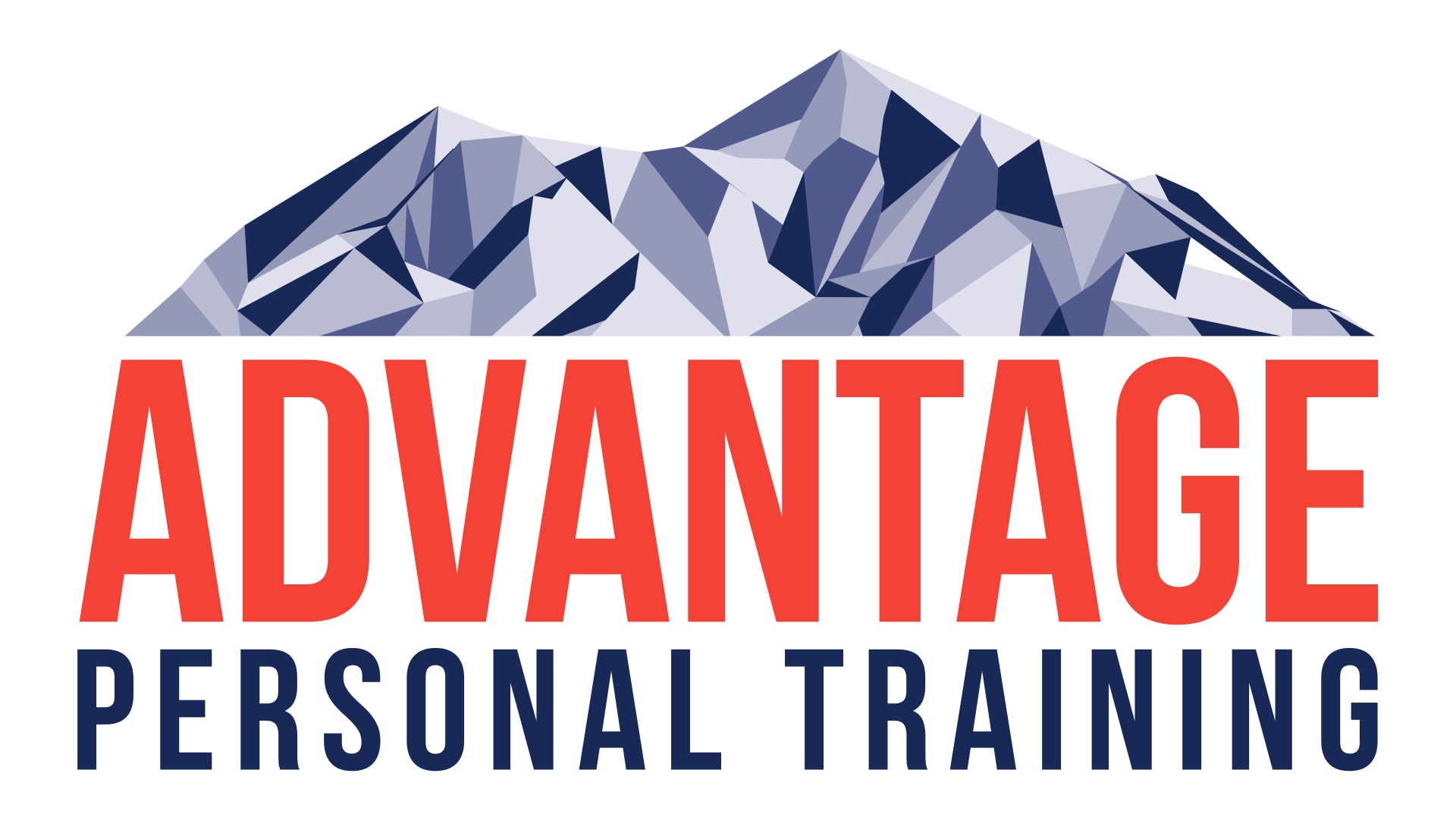Nutrition: Part 1-On the Soapbox
I wrote this as a response to several parents asking me for advice on how to fuel their young athletes in a healthy way. We all need a certain number of carbs, protein, and fat, but I can’t claim to have specific answers regarding how many grams of each to consume (experts have found that to be ineffective, anyway). But hopefully the information gathered here and in Nutrition: Part 2 (coming soon) can point you and your young athletes towards healthy eating habits that provide quality nutrition and energy. There are so many variables to consider that I had a hard time figuring out how to approach this. I kept reverting back to a short quip by Michael Pollan in his book In Defense of Food. It states simply “Eat food, not too much, mostly plants.” The “food” he refers to contains ingredients our great-great-grandparents would recognize as food, not the “edible foodlike substances” that make up the center aisles of the supermarket today. The bottom line is, the food you eat is the fuel your body will use to produce energy. Hopefully this will help you fuel yourself and your families with high quality, nutritionally dense foods that help you excel in school, sport, and everyday life.
Understanding nutrition and ensuring the health of your family can be a daunting task, especially when the water is muddied by so many different diets and products. The truth is, most of the information you are bombarded with on a daily basis is related to your appearance rather than nutrition. There are countless diets and miracle supplements that claim to show you results, and behind each one of those diets are hundreds of people who support them. No diet or diet pill commercial would be complete without before and after photos and an interview with the “transformed” where he praises the results he attained because of this magic elixir/pill/superfood/diet/whatever. The media is flooded with these stories from late night diet pill ads (usually seen as you are dumping the last crumbs from the bottom of a bag of barbeque chips in your mouth) to the Weight Watchers and Slim Fast commercials inserted into the daytime television lineup. Whatever the case, these companies are not selling you “nutrition.” Nutrition relates to the health of your insides, but since that cannot be seen it is difficult to market. That’s why commercials focus on factors that are easily observed, such as weight loss, muscle growth, skin complexion, hair thickness, etc. There is a major flaw in assuming these products are making you healthier: a positive change on the outside does not necessarily reflect healthy insides.
Nutrition refers to the quantity and qualities of the food you eat. We live in a country where access to cheap (and therefore cheaply produced) food, combined with other factors like lack of exercise and poor lifestyles have brought Type II Diabetes and Cardiovascular Disease to near epidemic levels. Refined foods like flour, sugar, and white rice provide a satisfying meal, but are essentially void of nutrients that help your body. In his book Ultraprevention , Mark Hyman notes that much of the population is both over-consuming AND under-nourished. The refining process adds calories and breaks down food so it can be digested quicker, and in the process, breaks down many of the nutritional components of the food to the point where they are not useful to the body. That’s how a diet heavy in refined foods can provide an excess of calories and leave you malnourished at the same time. Unfortunately, the foods that are the worst for you are also the most addicting. David Kessler reveals this fact in his book, The End of Overeating. Foods that have attractive combinations of sugar, fat, and salt stimulate the same areas of the brain as ultra addictive drugs like heroin and cocaine. Foods are manufactured with this in mind. Food companies are motivated to make profits, and getting you hooked on their product is how they go about it. Consider this… McDonalds fries are soaked in sugar water, fried in fat, then salted. Try to come up with an unprocessed, unaltered food that contains some combination of sugar, fat, and salt. Can’t think of one? That’s because no natural food combines those 3 components.
Fortunately, the nutrition situation in this country is not all doom and gloom. We are starting to see the pendulum swinging back in the direction of locally grown and sourced food. Communities are making better use of the local farmers markets, and Community Supported Agriculture is becoming a popular way to get more nutrient dense meat and produce from the farm to the table. Documentaries like Robert Kenner’s Food Inc. and Jamie Oliver’s Food Revolution shed light on questionable food practices in the US and how things can be changed to improve your health and nutrition. In Nutrition: Part 2, I will lay out several guidelines to help you when you are making decisions about how to feed yourself and your family. Until then,
Be Well,
Brian
Advantage Strength and Conditioning




Advantage Personal Training is an Ann Arbor based Family Oriented Gym, focusing on the training needs of individuals, small groups and youth athletes. Meet with a results-oriented personal trainer and put yourself on the path to a more active life!
SERVICES
CONTACT INFORMATION
Hours of Operation
Mon to Fri: 6:00 AM - 8:30 PM
Sat: 8:30 AM - 12:30 PM
Sun: CLOSED
All Rights Reserved | Advantage Personal Training


